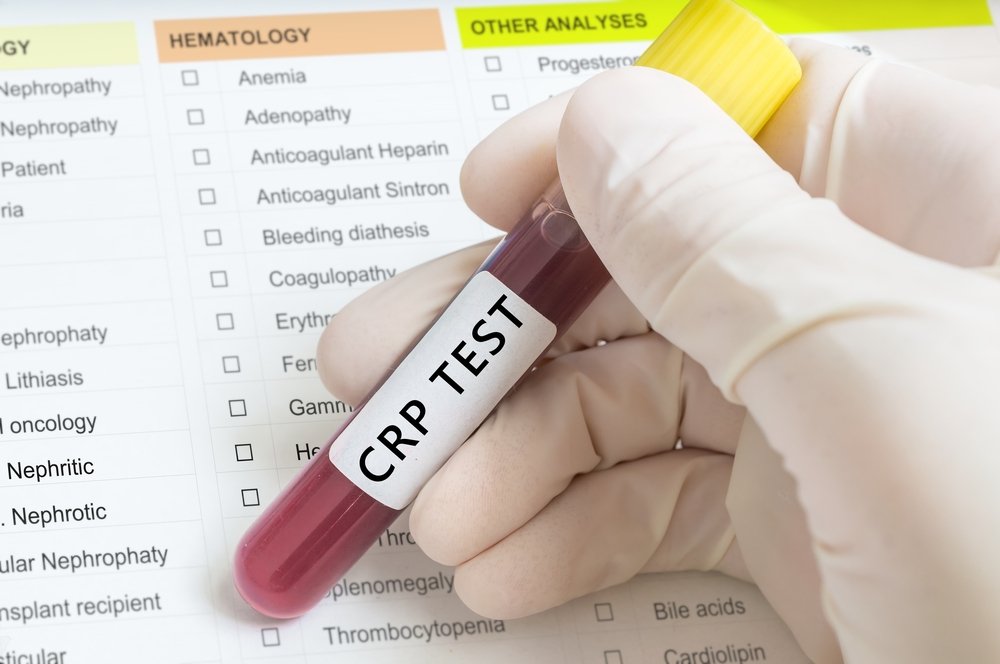Inflammatory Marker Predicts ALS Disability and Survival, Supporting Development of Neuraltus Therapy NP001
Written by |

Measuring blood levels of the inflammatory marker C-reactive protein (CRP) in patients with amyotrophic lateral sclerosis (ALS) can help physicians track the disease, according to an Italian study of 394 people with ALS.
Neuraltus Pharmaceuticals of San Bruno, Calif., believes this study further supports the idea that ALS may respond to inflammation-modulating drugs such as the company’s investigational compound NP001.
The study, “Serum C-Reactive Protein as a Prognostic Biomarker in Amyotrophic Lateral Sclerosis,” appeared in the journal JAMA Neurology. It was performed independently of Neuraltus, although it included clinical trial data from a Phase 2 study of NP001 (NCT01281631).
“Our findings mark an important next step in ALS research, as they suggest that ALS patients with elevated systemic inflammation as identified through CRP levels may progress more rapidly,” Christian Lunetta, MD, the study’s lead author at the Centro Clinico NeMO in Arenzano, Italy, said in a press release. “While additional research is necessary, our retrospective analysis of three separate data sets will help guide the development of investigational therapies, especially those, like NP001, focused on systemic inflammation.”
The study showed that CRP levels were linked to both functional impairment and survival, indicating that inflammation is a key driver of disease processes. Scientists confirmed their findings in the initial group of 394 patients with another group of 116 ALS patients.
Using these insights, the research team analyzed data gathered in a Phase 2 trial of NP001. They found that patients with higher CRP levels at the study start had less impairment after NP001 treatment, compared to patients with normal CRP levels in both placebo and NP001 treatment groups.
“NP001 is a very promising investigational therapy for ALS and other related neurodegenerative diseases,” said Neuraltus CEO Rich Casey. The drug targets activated macrophages — inflammatory cells believed to contribute to neurodegenerative diseases — and transformed them back into their non-inflammatory state.
“We are assessing CRP levels in ALS patients as an indicator of increased inflammation in our ongoing Phase 2 study, and will identify any change in baseline of an individual’s function and daily living as measured by the ALSFRS-R,” said Casey, adding that Neuraltus expects to finish its confirmatory Phase 2 study (NCT02794857) this year “with the expectation that the collective data from both Phase 2 studies will inform the regulatory path forward for NP001.”





